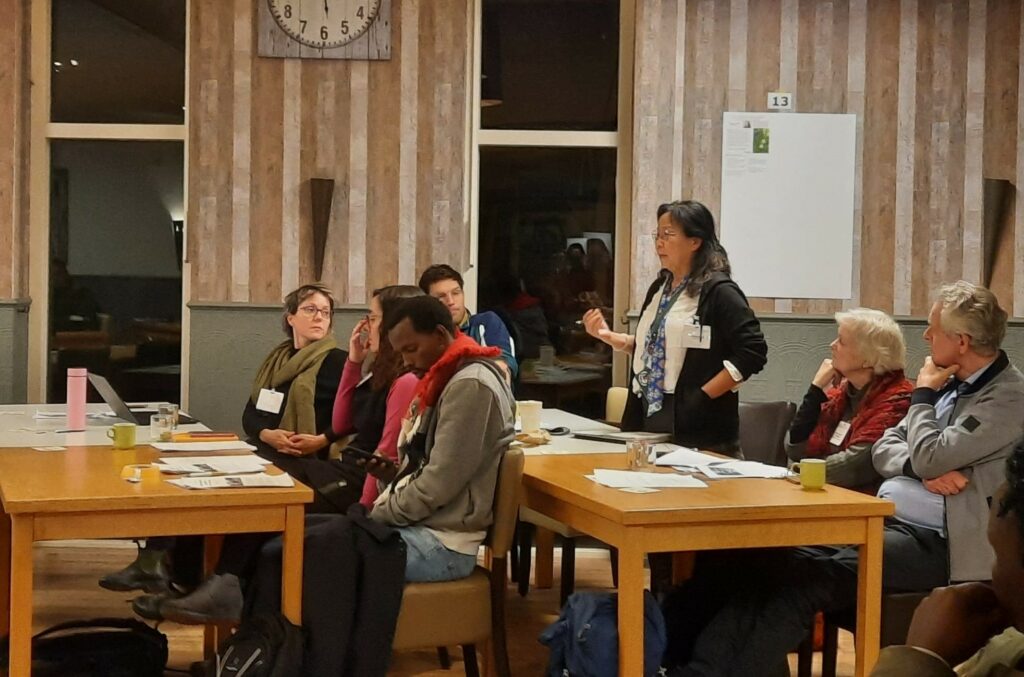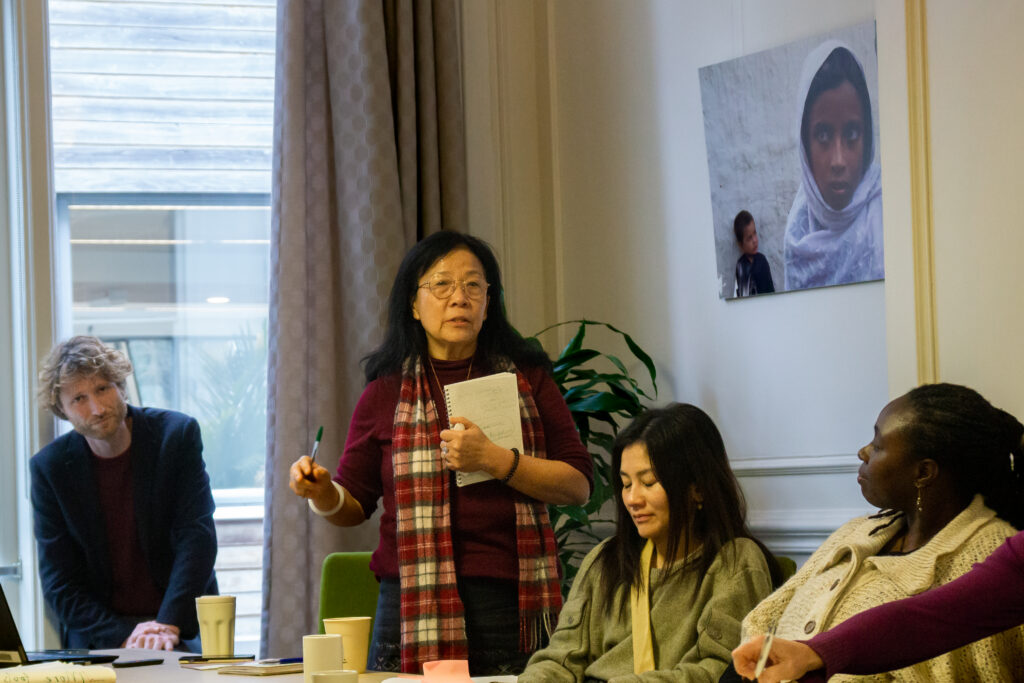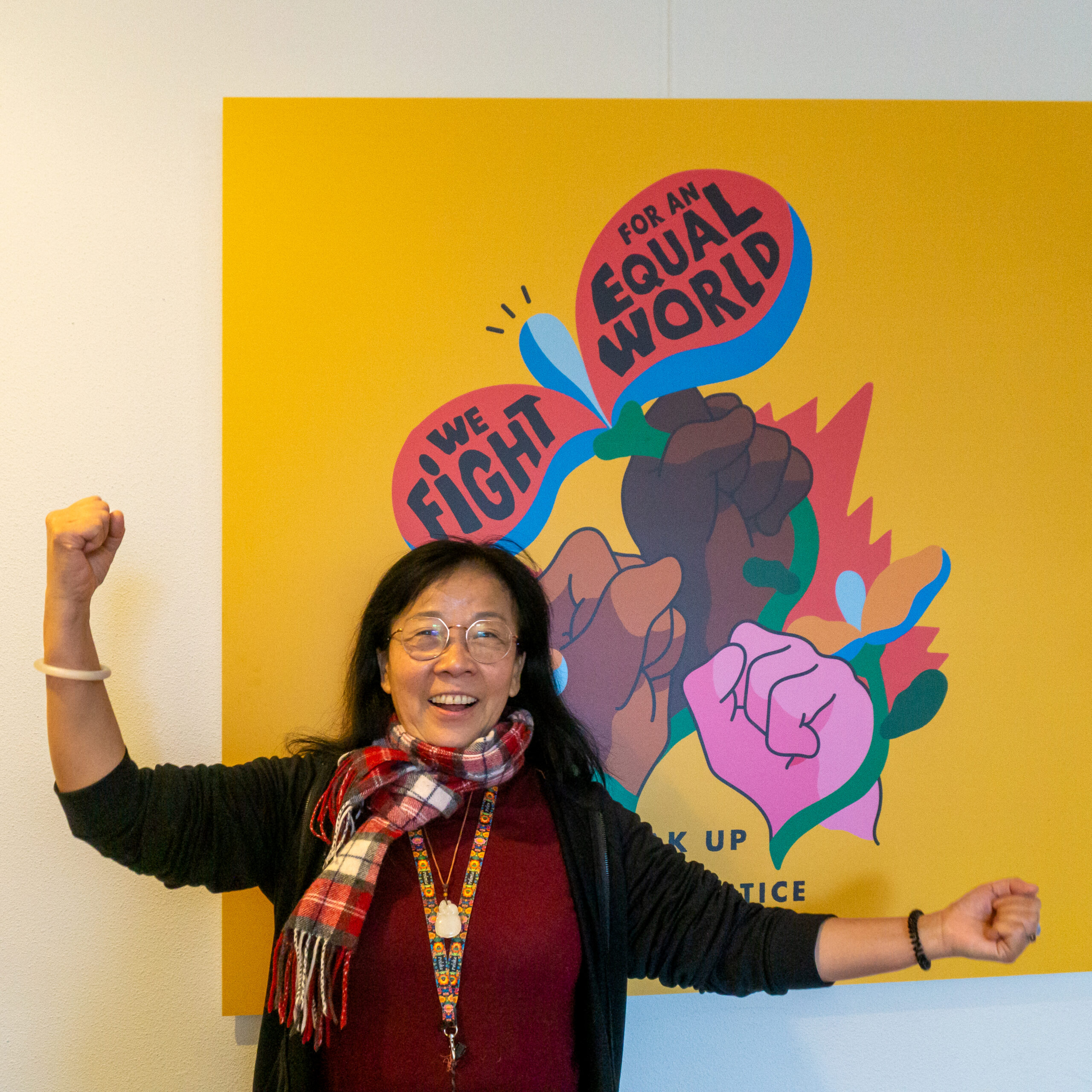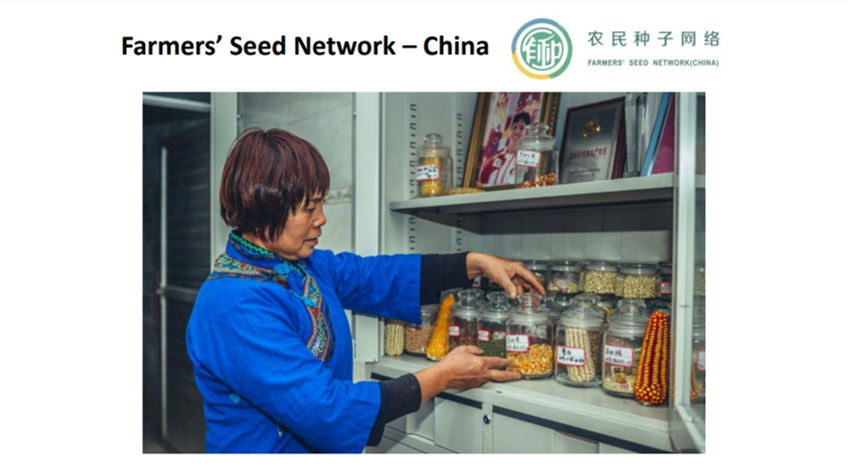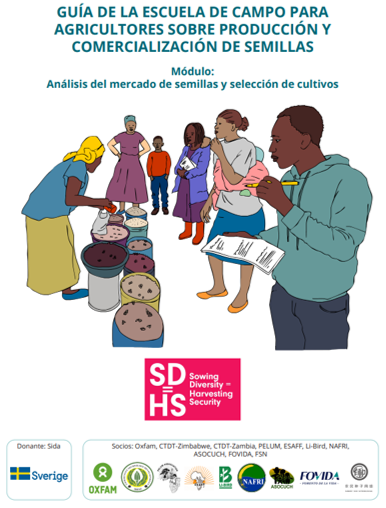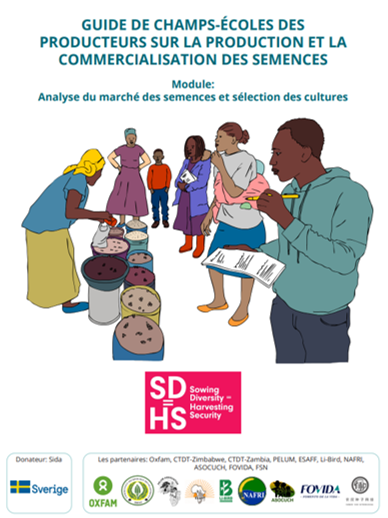“I am crazy about seeds, and I consider supporting farmers and farmers seed systems my life mission.”
Since 2000, Yiching Song has been aiming to link farmer seed systems and the formal system. In 2013, she established the Farmers’ Seed Network in China (FSN) to work through Farmer Field Schools and engaged farmers through Community Seed Banks in activities like local seed registration and participatory plant breeding. Today, FSN works with 46 communities across 10 provinces, it remains committed to developing and conserving varieties that are adapted to the local conditions and fulfill nutrition needs of farming communities.
Together with 6 colleagues from Sowing Diversity=Harvesting Security, Yiching travelled to the Netherlands to participate in the course Smallholder Engagement in Seed Systems, delivered by Wageningen University & Research, the Norwegian University of Life Sciences, the Production Ecology & Resource Conservation and Oxfam Novib through the Sowing Diversity=Harvesting Security program (SD=HS). The role of the practitioners was to deliver a real-life case that will be discussed in groups.
“It is one of the most interesting courses I ever took because it brought natural sciences and social sciences together and, more importantly, it brought scholars and practitioners together and allowed them to interact with grassroots cases.”
As an alumnus of Wageningen, Yiching really enjoyed the course. In her opinion, delving into the cases made the group realize that reality is not as simple as theory may insinuate. Reality is a lot more complex, and as such a strong link to the field is crucial to conduct relevant work and research on seed systems.
“I wish for the group to keep in mind that each country has their own complexities, each reality is context-specific.”
Yiching was responsible for preparing a case from China (download below) and led group work session every afternoon of the week-long course to think together on solutions to the challenges her and her team face. Although time was scarce, the group understood a lot about the complex situation in China. The FSN founder was very pleased with the input she received from the group work on potential solutions. The feedback she received will be used by her team back in China and expanded on.
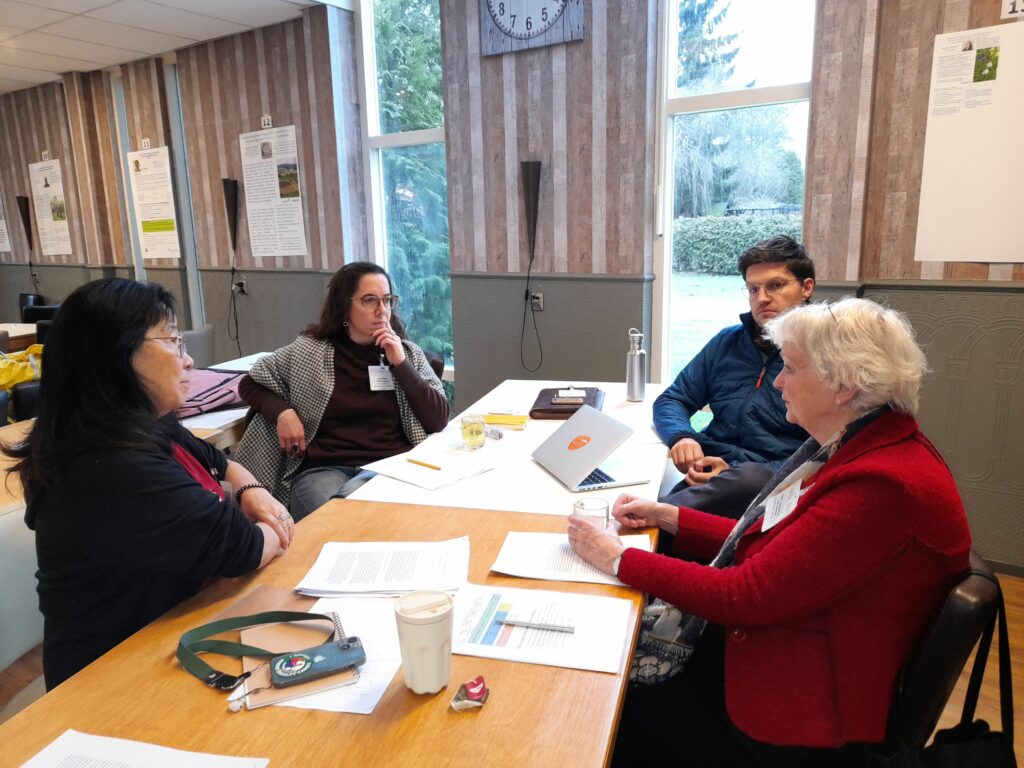
“If I would give one piece of advice, it would be: Stay close to the field and stand with your feet firmly on the ground but also keep an eye on the national and global big picture.”
During her career, Yiching experience many shifts in the seeds sector. Some for the worse, like more technology for genetical modification of seeds, a strong push for seed commercialization in this globalized world. There are also changes for the better, there is real urgency for to cope with agrobiodiversity loss and create more resilient systems because of the multiple crises we face. This opens more space for farmer seeds and farmer seed systems as a potential solution. Indeed, in the last year, FSN participated in two major conferences, COP27 and COP15. In the latter, FSN successfully launched the Montreal Declaration on Small-Scale Women Farmers for Biodiversity Conservation and Sustainable Use. A big achievement for the recognition of farmers seeds systems!
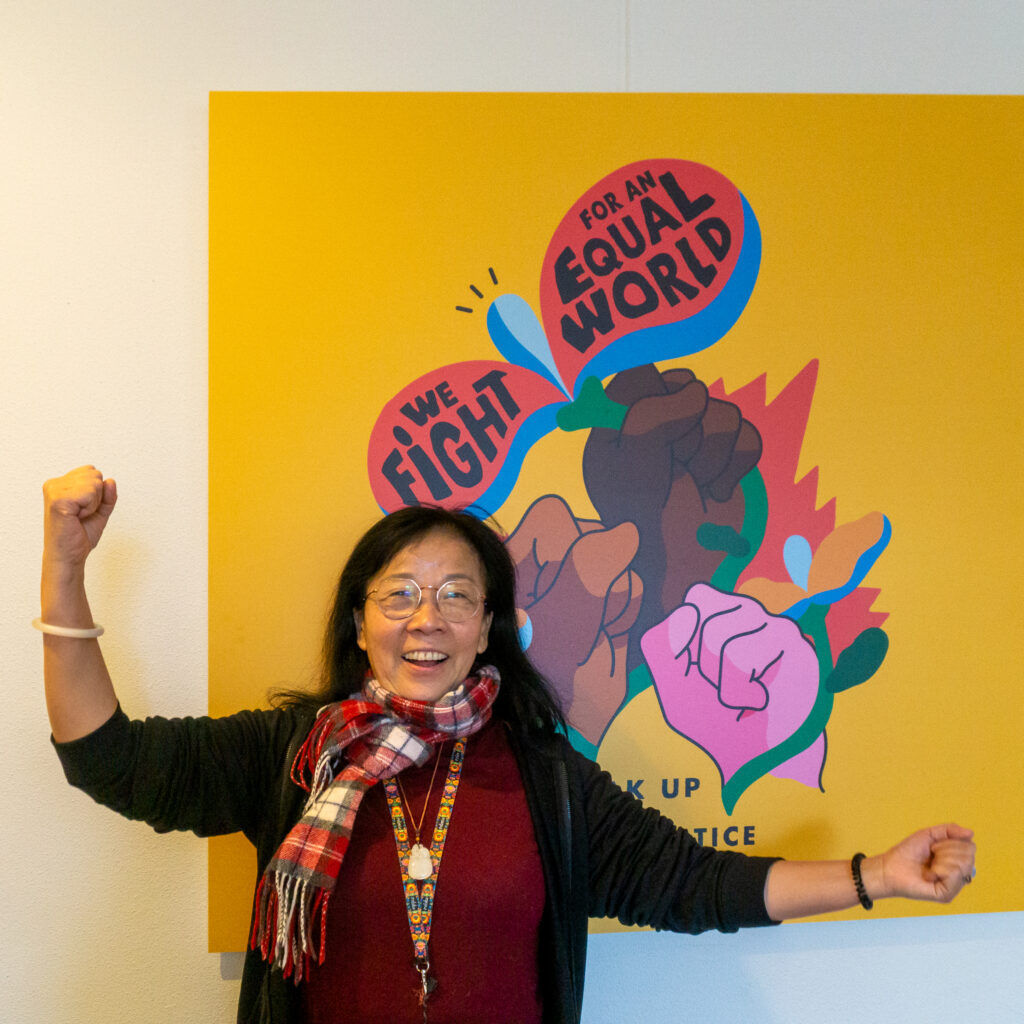
Thanks to Yiching for her valuable input and participation in the Smallholder Engagement in Seed Systems course. Academics and practitioners greatly benefitted from these conversations based on real cases. Hopefully this is a start of partnerships, because as Yiching puts it “we need more exchange and collaboration for resilient seed systems.”
